Last August, New York Attorney General Letitia James announced that the state filed a lawsuit calling for the dissolution of the National Rifle Association (NRA), one of the most politically influential organizations in the United States.
Attorney General James said the organization repeatedly violated conditions of its nonprofit status with millions of dollars of misspent money—money largely earned from its members. She also filed four additional suits against individual defendants including NRA President Wayne LaPierre.
The NRA fired back with its own lawsuit, accusing James of acting on political motivations rather than legal ones. Its public response claimed the suit was another Democratic-led effort to suppress Second Amendment rights, though the lawsuit focuses rather on the defrauding of dues-paying NRA members with the misuse of funds by NRA leadership.
Democrats have long decried the NRA for its broad political influence and its longstanding opposition to common-sense gun law reform, even as the United States continues to face wildly disproportionate amounts of mass shootings and gun violence compared to most other countries.
That's why many of the NRA's critics rejoiced when the organization filed for Chapter 11 bankruptcy in court last week, following months of reported infighting and leadership changes.
In a statement, LaPierre framed the move as motivated less by financial desperation and more out of an effort to leave New York and regroup in Texas.
Nevertheless, critics of the organization responded with the same condolences offered by its proponents after preventable mass shootings: "Thoughts and prayers."
The relocation to Texas is part of an effort to sidestep New York cases like James' that pose a threat to the organization's existence. NRA member David Dell'Aquila, who's donated over $100 thousand dollars to the group, is filing a complaint alleging the NRA is improperly using bankruptcy law to evade accountability.
Dell'Aquila said:
"We intend to invoke this provision. We are going to ask the judge to determine that our claim was incurred as a result of fraud and should be deemed non-dischargeable."
As one of the most influential conservative lobbying groups in the United States, the NRA is not expected to go gentle into that good night, but critics hope the organization's effort will fail.
Whether the NRA's bankruptcy will provide an adequate escape hatch remains to be seen.

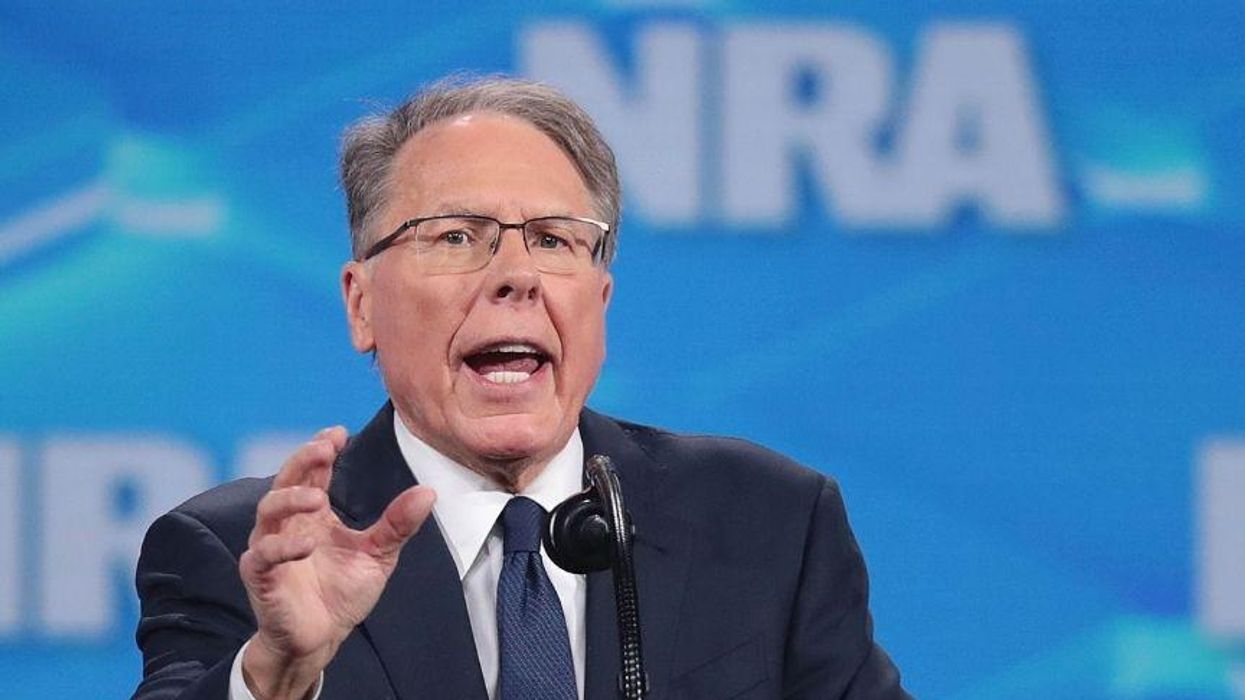

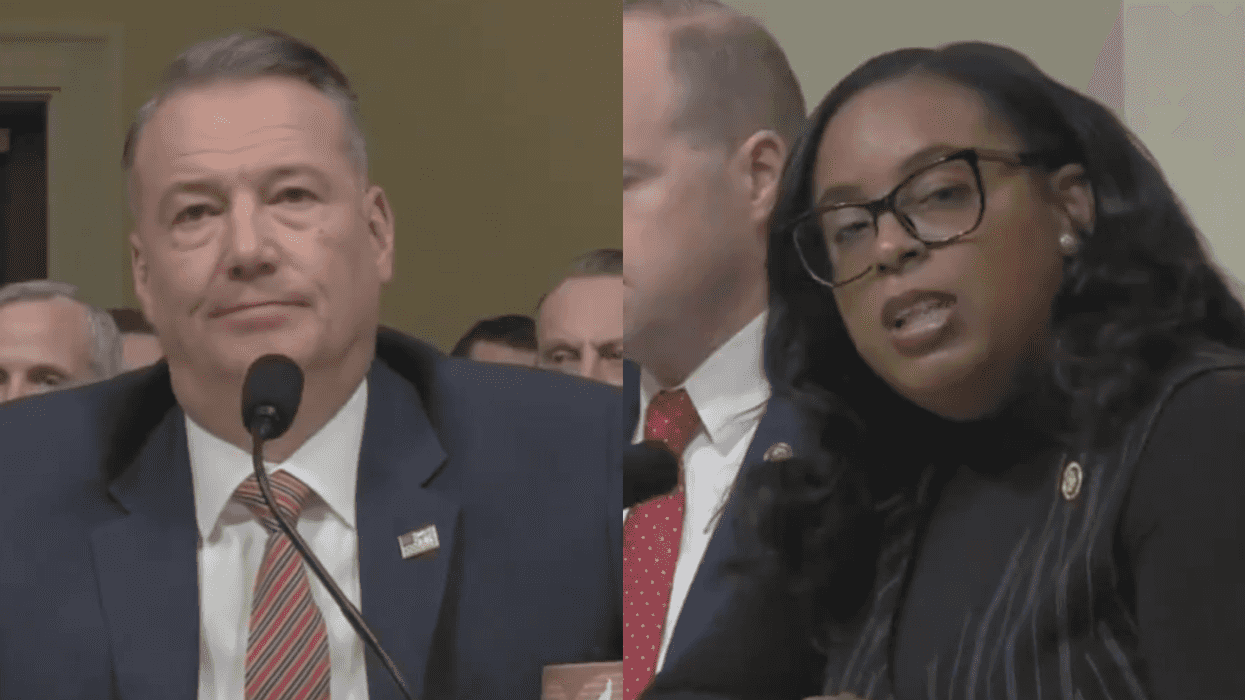




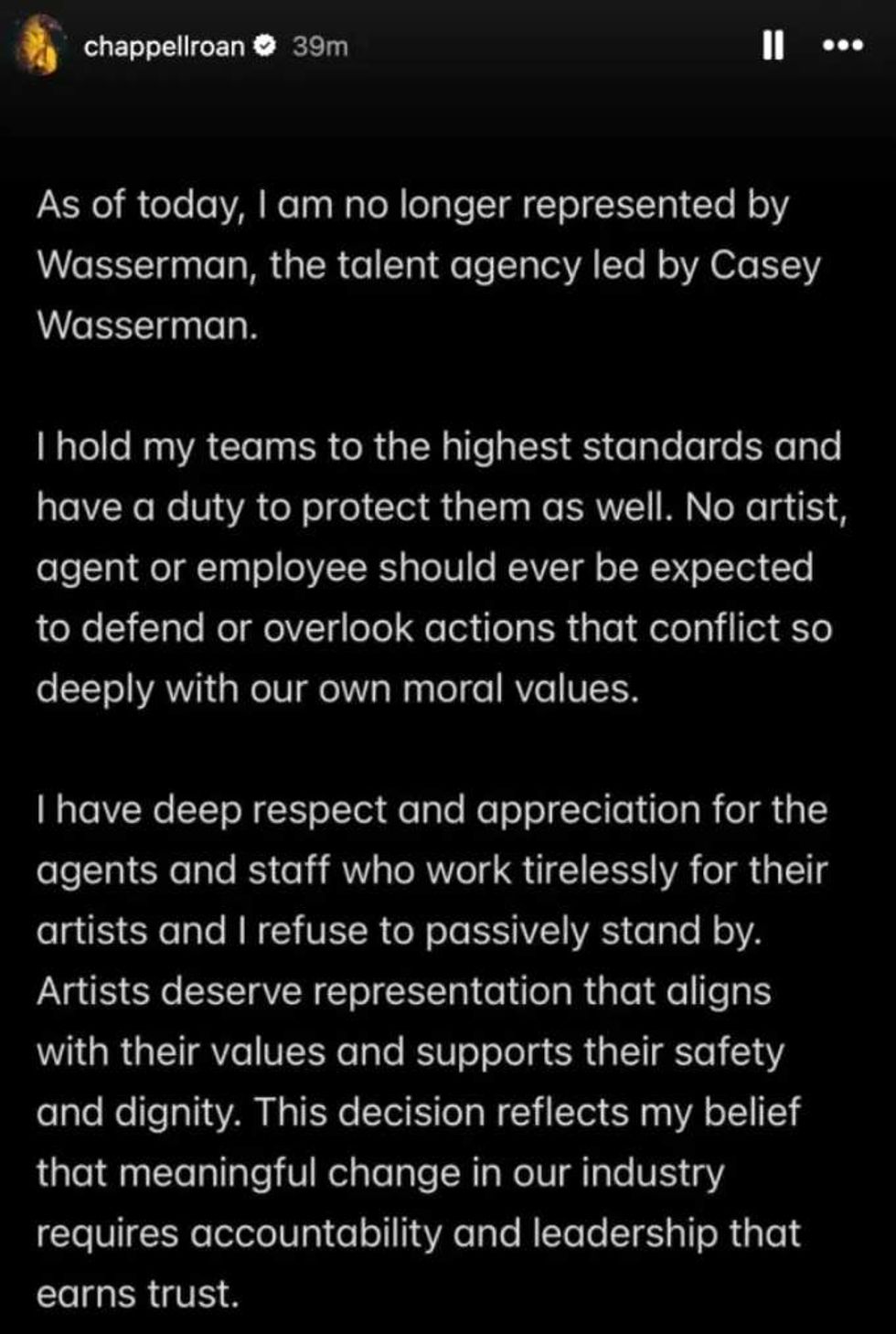 @chappellroan/Instagram
@chappellroan/Instagram r/Fauxmoi/Reddit
r/Fauxmoi/Reddit r/Fauxmoi/Reddit
r/Fauxmoi/Reddit r/Fauxmoi/Reddit
r/Fauxmoi/Reddit r/Fauxmoi/Reddit
r/Fauxmoi/Reddit r/Fauxmoi/Reddit
r/Fauxmoi/Reddit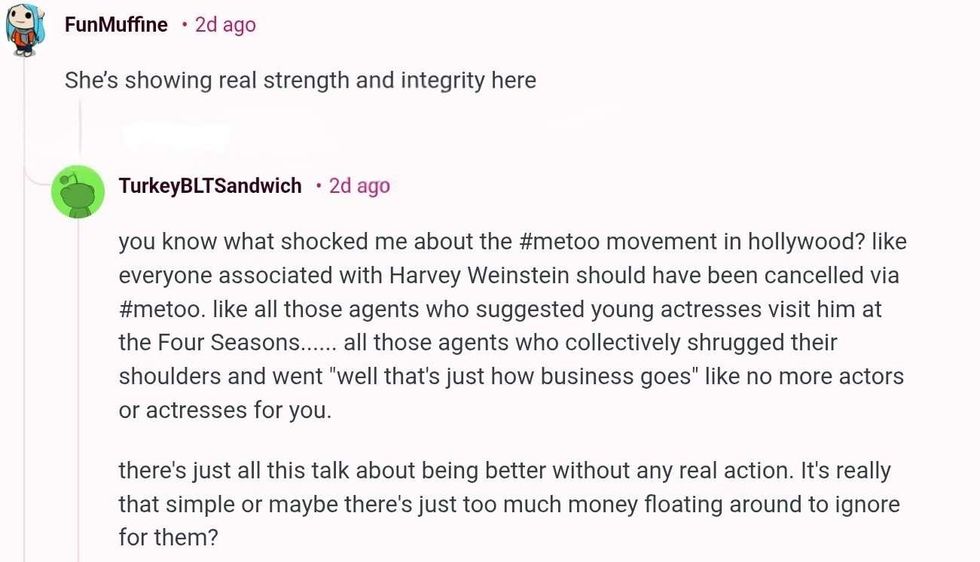 r/Fauxmoi/Reddit
r/Fauxmoi/Reddit r/Fauxmoi/Reddit
r/Fauxmoi/Reddit r/Fauxmoi/Reddit
r/Fauxmoi/Reddit r/Fauxmoi/Reddit
r/Fauxmoi/Reddit r/Fauxmoi/Reddit
r/Fauxmoi/Reddit r/Fauxmoi/Reddit
r/Fauxmoi/Reddit r/Fauxmoi/Reddit
r/Fauxmoi/Reddit r/Fauxmoi/Reddit
r/Fauxmoi/Reddit r/Fauxmoi/Reddit
r/Fauxmoi/Reddit @ANASKHA96399553/X
@ANASKHA96399553/X r/Fauxmoi/Reddit
r/Fauxmoi/Reddit r/Fauxmoi/Reddit
r/Fauxmoi/Reddit r/Fauxmoi/Reddit
r/Fauxmoi/Reddit




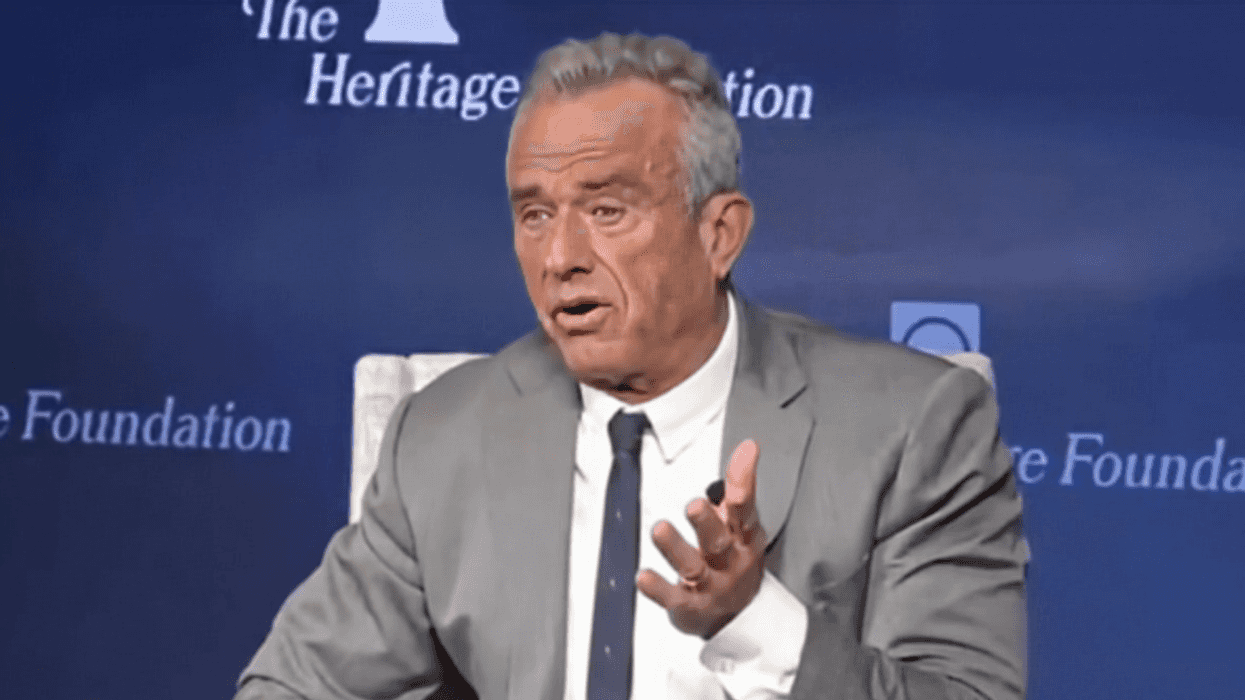
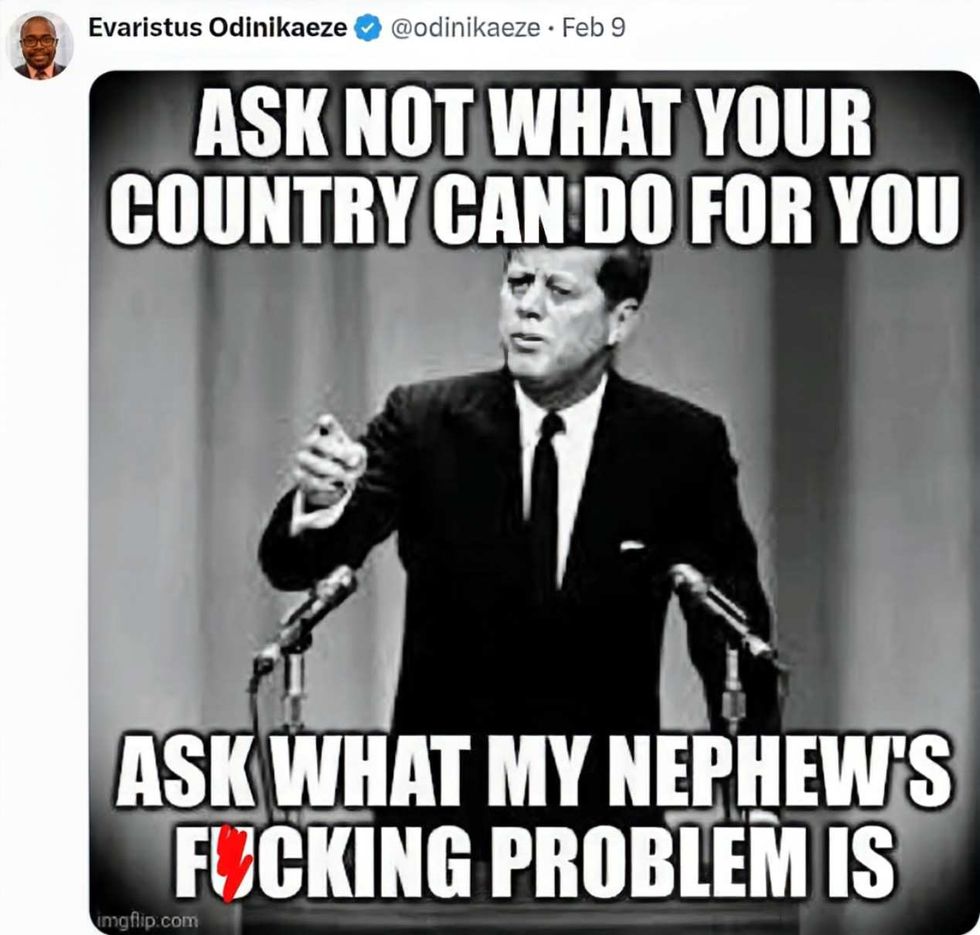 @odinikaeze/X
@odinikaeze/X @OneSixtyToOne/X
@OneSixtyToOne/X @Dazz222/X
@Dazz222/X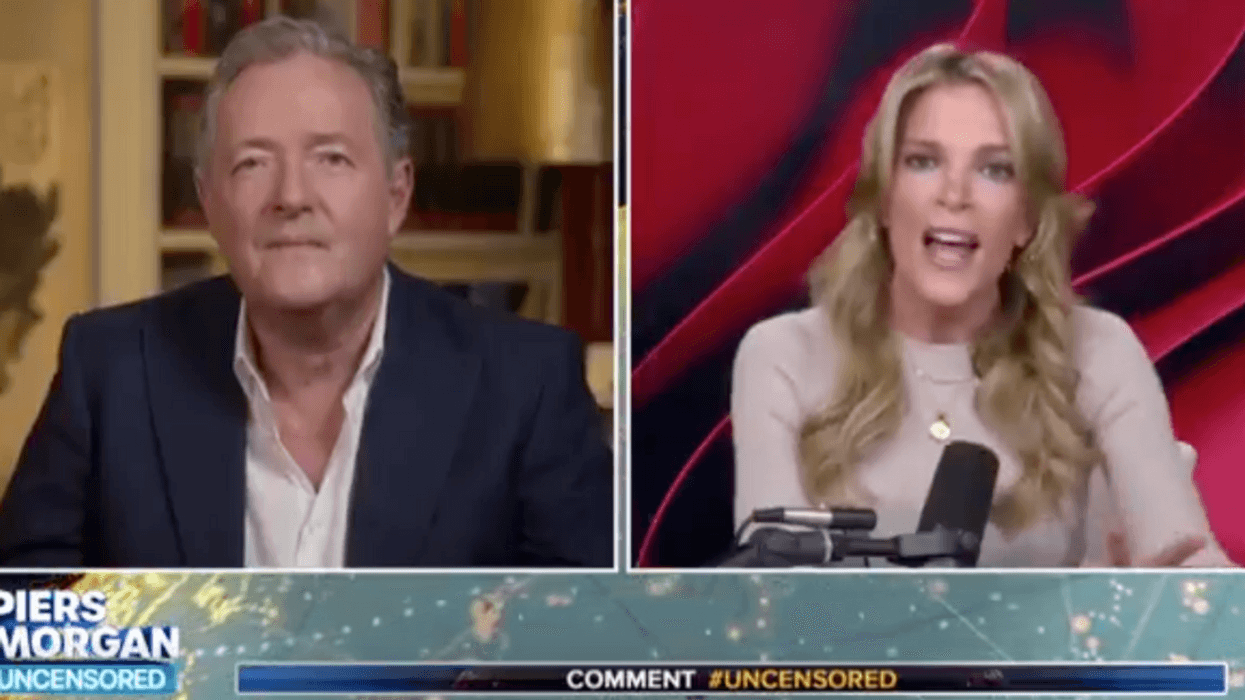

 The White House
The White House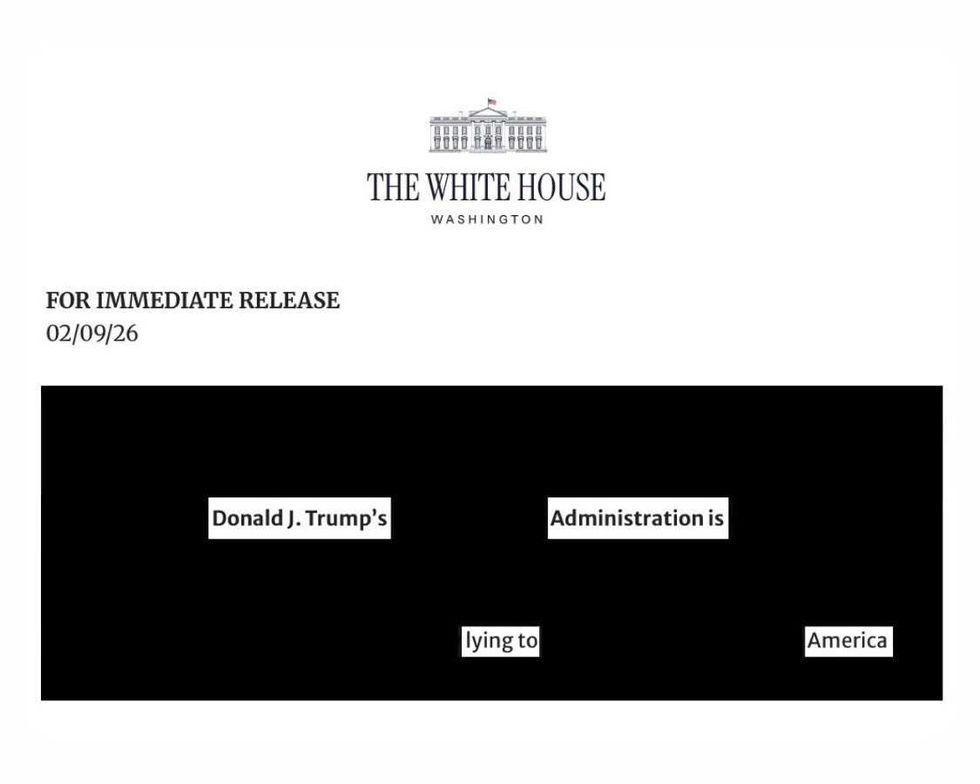 @JBPritzker/X
@JBPritzker/X